Innovative Faculty are key stakeholders in our entrepreneurship ecosystem. They are developing technology to address critical needs and are influencing future innovators in their classrooms and labs. This cohort-based fellowship leverages workshops, guest speakers, travel, and a small seed fund to help faculty explore a startup as one potential path to market for their innovative research.
Program Overview
- A 1-year, cohort-based program designed to help faculty explore entrepreneurship using their research as an interactive, hands-on case study
- A small cohort of 6-8 Faculty Fellows are selected through a competitive application process
- A series of hands-on workshops, with guest speakers, focus on the entrepreneurial journey, industry vocabulary, the value proposition, and networking
- A connection to dedicated student teams, marketing tools, and a small seed fund to help Fellows map their target market, conduct customer discovery, or further develop their prototype
- A personalized plan for the next steps to take, including funding sources.
Program Value
We don’t require our Faculty Fellows to be or become entrepreneurs. Our goal is to help prepare Faculty for that journey if they opt to take that path to commercialize their research. By the end of the program, we expect our Fellows to be comfortable with the vocabulary and processes commonly used in the startup ecosystem, including funding. We encourage our Faculty Fellows to be advocates across campus for curious students and faculty interested in exploring entrepreneurship.
Other examples of success include:
- Seeing our Fellows will continue their journey, enrolling in translational programs such as Coulter, NSF i-Corps™, Translational Fellows Program, CWRU i-Corps™ @NCATS, MAGNET’s Mspire, TechStars, etc.
- Having Fellows see sufficient value to share and amplify entrepreneurship opportunities with peers and next generation researchers. That means recommending Veale’s Speaker Series, supporting student participation in start-up competitions, and encouraging peers to apply to programs accelerating innovation at CWRU, including the Veale Faculty Fellows Program.
- Seeing Fellows actively expand and leverage their network, especially through LinkedIn.
- Knowing our Fellows are exploring expanded funding opportunities including CWRU Technology Ventures, SBIR/STTR awards, CWRU Alumni Venture Fund, Corporate startup funding (e.g. AWS University Start-Up Competition, Microsoft Start-up Hub, etc.) and VC funding.
Meet the 2025-26 Veale Faculty Entrepreneurship Fellows
The Veale Institute for Entrepreneurship welcomes its fourth cohort of Veale Faculty Fellows—six researchers selected from 22 applications spanning five Case Western Reserve schools. The yearlong program supports faculty who bring their research into the fellowship as a case study, offering a structured way to explore translation, assess real-world relevance, and build fluency around entrepreneurship without stepping away from their academic roles.
During the fall semester 2025, Fellows refined and tested their value propositions, with several traveling to CES 2026 to observe emerging technologies, practice customer discovery, and study how startups communicate value at scale. In spring 2026, the cohort will move into deeper exploration of customer discovery, venture formation, and funding pathways—guided by alumni founders and CWRU entrepreneurs—while expanding interdisciplinary connections that extend well beyond the fellowship year.
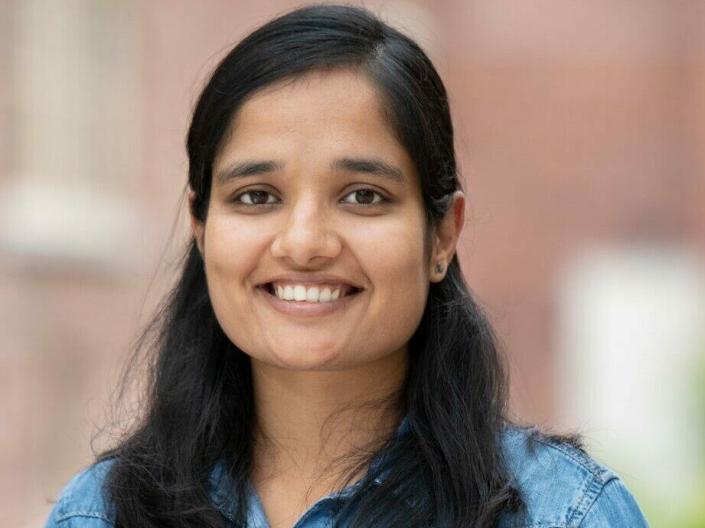
Assistant Professor, Department of Mathematics, Applied Mathematics, and Statistics, College of Arts and Sciences
Arya is building an AI software tool to help small, independent farmers make better decisions about their business.
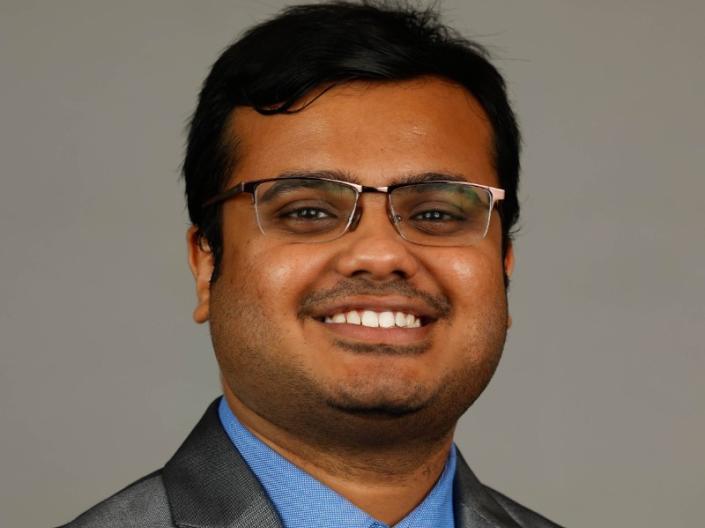
Assistant Professor, Department of Electrical, Computer, and Systems Engineering, Case School of Engineering
Datta is building smart sensors that capture insights at the edge, making data storage more sustainable.
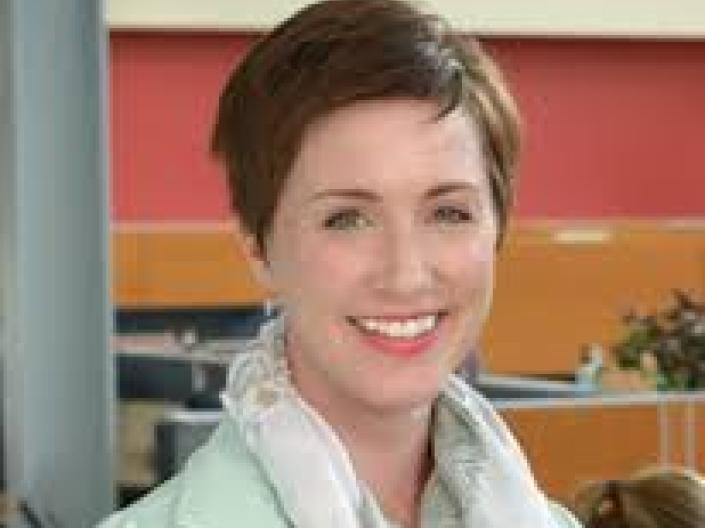
Associate Professor, Jack, Joseph, and Morton Mandel School of Applied Social Sciences; Co-Director, Center on Trauma and Adversity
King is developing a mental health toolkit, designed to reset the nervous system, reducing stress in classrooms.
Associate Professor, Department of Population and Quantitative Health Sciences, School of Medicine
Curtis is making healthcare providers treating COPD in rural areas smarter using geo-informed software.
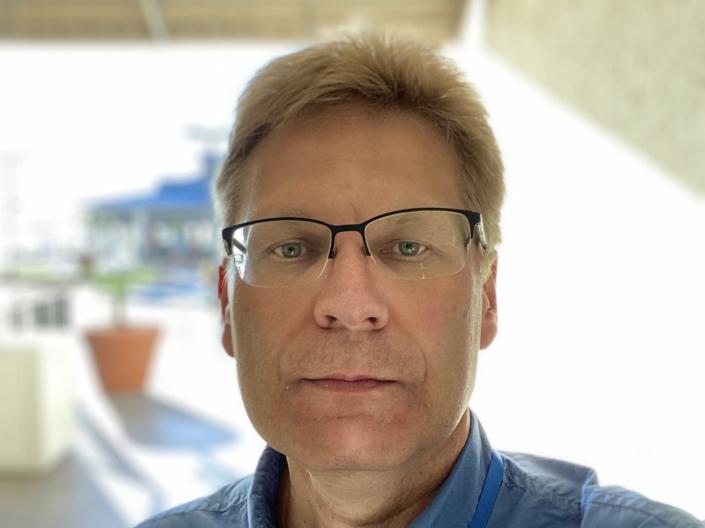
Professor, Department of Chemistry, College of Arts and Sciences
Burda is working to commercialize therapeutics to reduce deaths from colon cancer.

Assistant Professor, Department of Biology, College of Arts and Sciences
Dixon is designing 3D-printed, haptics-enabled anatomy models offering higher quality, lower cost tools for educating ENT specialists.
Meet the 2024-25 Veale Faculty Entrepreneurship Fellows
After a record number of applications, we've launched our third cohort of the Veale Faculty Fellows, a diverse group of nine lead by CWRU EIR Afif Ghannoum (CWR '02, JD '05), serial entrepreneur at CPG Radar and BIOHM Health. We're thrilled to have faculty representing 6 of our schools this year. Veale Faculty Fellows will be participating in workshops and actively developing their value proposition, while collaborating in various capacities with our Veale Snyder Fellows.
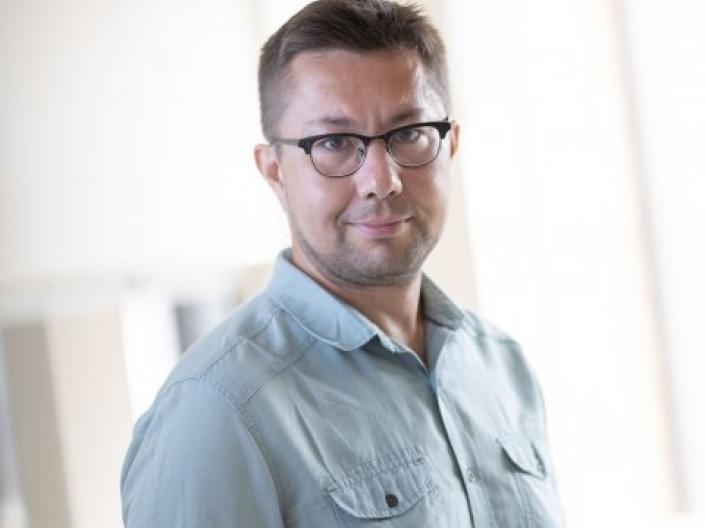
Assistant Professor, Department of Computer and Data Sciences
Ayday is developing an architecture in which individuals store their personal information that is either collected through their devices (e.g., phones) or provided directly by them in their “decentralized data agents.” This allows data owners to maintain full control over their data.
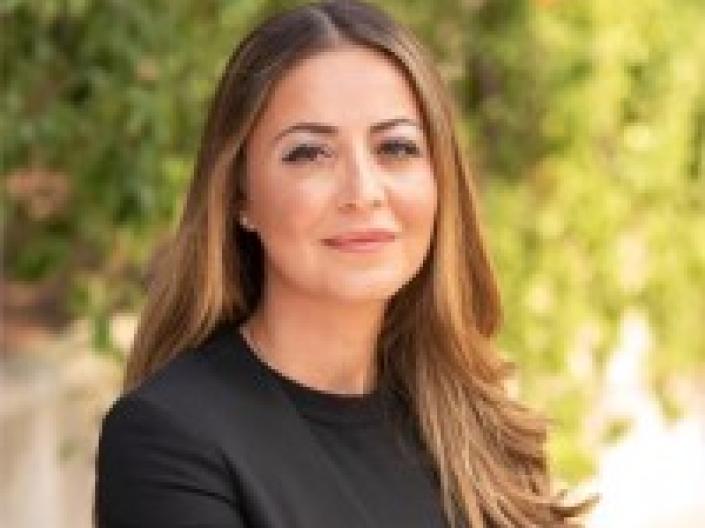
Associate Professor of Law, School of Law
Beck is creating an integrated solution that combines advanced analytics, real-time feedback, and interactive tools to enhance human capital management (HCM) board structures and reputation management. It aims to create a more dynamic and responsive approach to managing human resources and fostering a positive organizational culture.
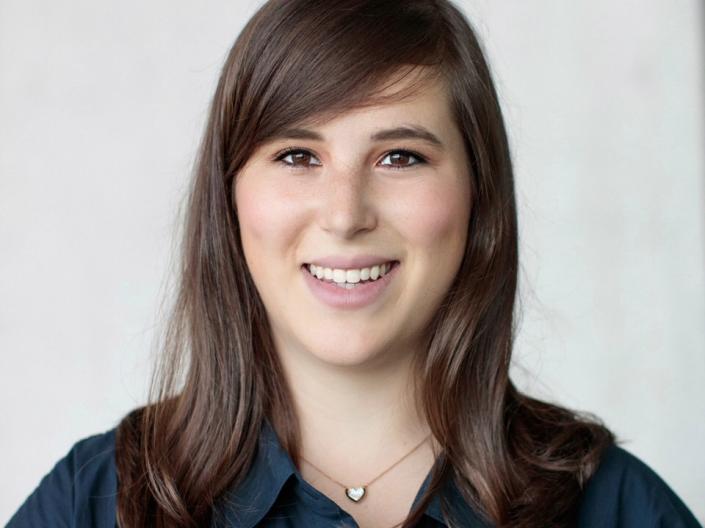
Assistant Professor, Department of Electrical, Computer and Systems Engineering
Block is developing empathetic robotic companions that can provide real-time supportive, empathetic (but non-therapeutic) responses to users, as a supplement to working with a licensed psychologist.
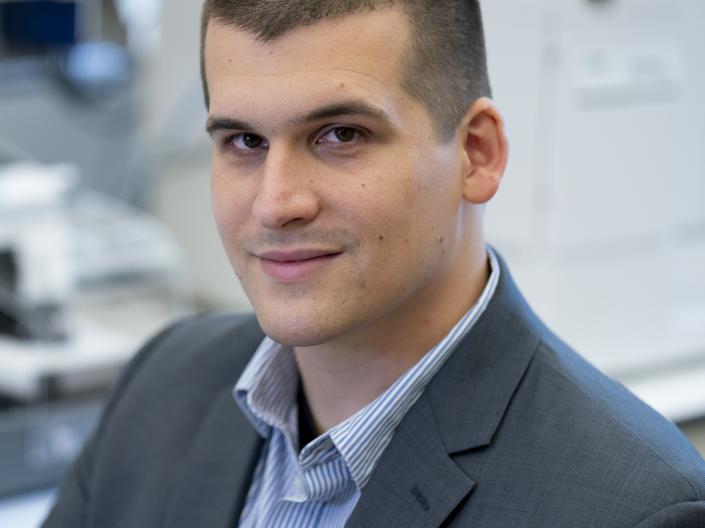
Assistant Professor, Department of Pathology, Center for Global Health and Diseases, School of Medicine
Member, Developmental Therapeutics Program, Case Comprehensive Cancer Center
Brubaker has developed an artificial intelligence platform that takes in millions of gene regulatory profiles for FDA-approved drugs, gut microbiome, and vaginal microbiome datasets to derive predicted relationships of how human cells are regulated by (1) microbes, (2) metabolites, and (3) bacterial proteins.
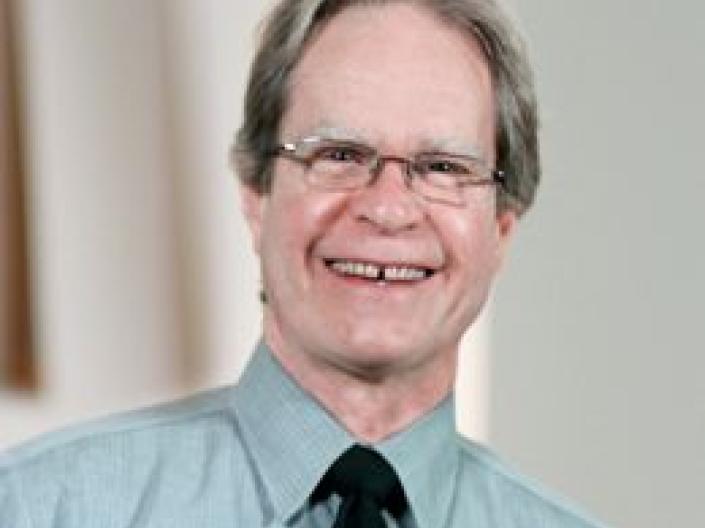
Professor Emeritus, Department of Design & Innovation, Weatherhead School of Management
Powered by two centuries of research by inventors, artists and musicians on relationships of painting and music, Collopy is implementing a model that relates artistic and musical concepts around controlling color, form, and motion with a musical sensibility.
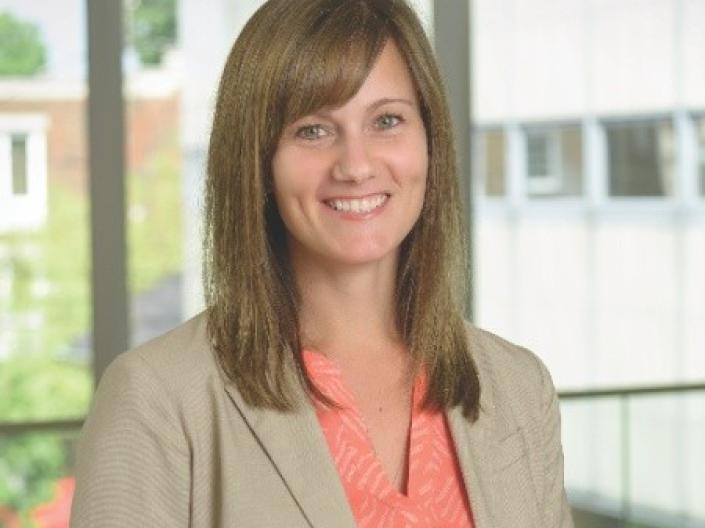
Co-Director, Center on Trauma and Adversity, Jack, Joseph and Morton Mandel School of Applied Social Sciences
Professor, Jack, Joseph and Morton Mandel School of Applied Social Sciences
For over six years, Holmes and other faculty from the Center on Trauma and Adversity have been pioneering a research-backed, scalable approach to trauma-informed education. The Trauma-Informed Higher Education Certification Program is grounded in cutting-edge research on the neurobiology of trauma and healing, providing faculty with the tools they need to create supportive and inclusive learning environments. This solution empowers educators to better support trauma-affected students, enhancing engagement and academic success.
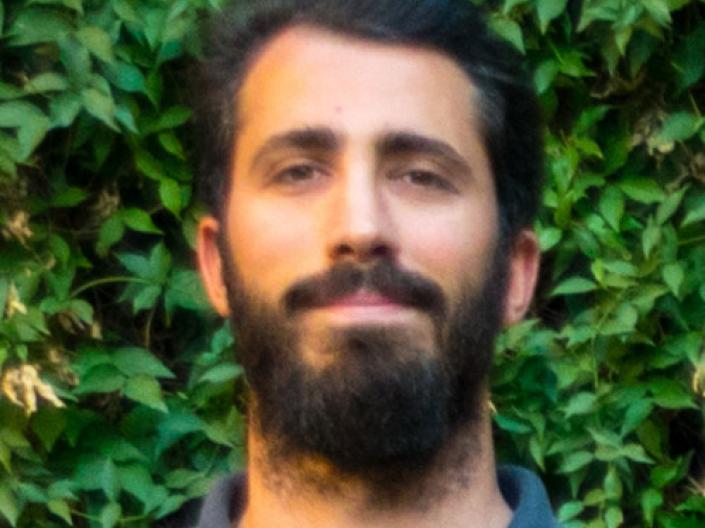
Assistant Professor, Department of Chemistry, College of Arts and Sciences
Karayilan's goal is to design and synthesize fully transparent and fluorescent ophthalmic viscoelastics (FluOVs) by chemically incorporating pharmacologically acceptable fluorescent dyes into polymer chains. The novel FluOVs for OVD applications will be easily spotted and fully aspirated by a surgeon after the surgery.
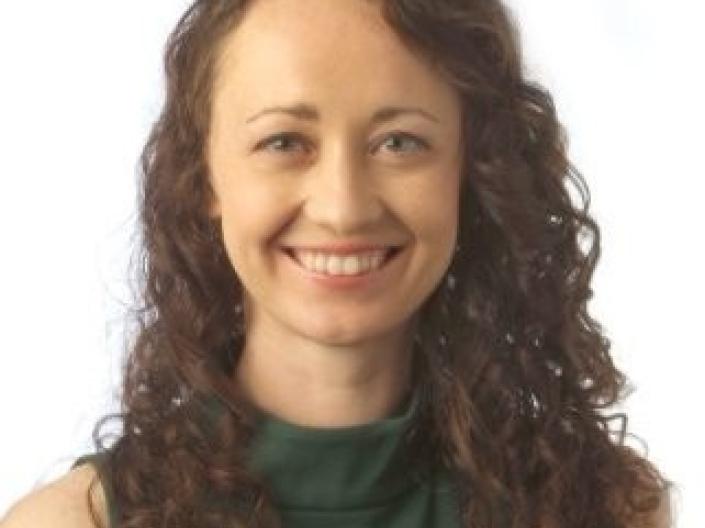
Associate Professor, Department of Chemical Engineering, Case School of Engineering
Renner is developing electrochemical sensing via peptide aptamers: this technology enables point-of-care diagnostics via an inexpensive electrochemical platform.
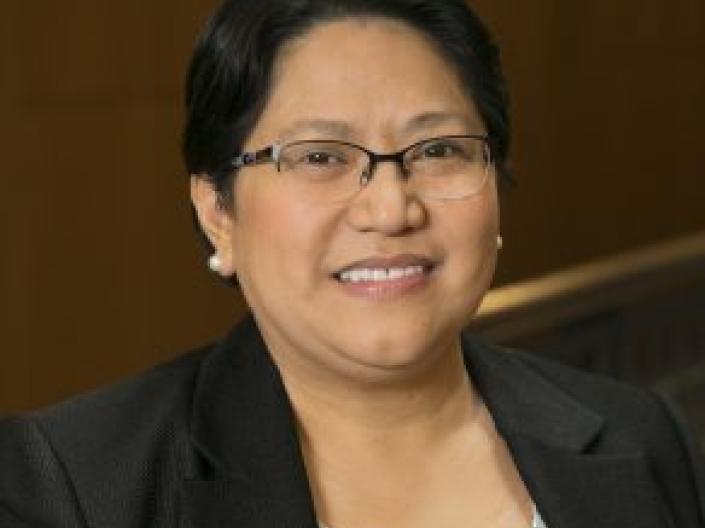
Rudolph and Susan Rense Professor of Chemistry and Department of Chemistry Chair, College of Arts and Sciences
Samia's research lab in Chemistry has been collaborating with Physicians at the Orthopaedic Surgery Department at Cleveland Clinic for the past 7 years to develop novel nanotechnology-based approaches to treat prosthetic joint infections (PJIs). They are currently developing PhotothermAA Gel, an innovative investigational treatment designed to overcome the limitations of current PJI therapies.
2023-24 Veale Faculty Entrepreneurship Fellows
We successfully launched our second cohort of Veale Faculty Fellows. A diverse cohort of eight lead by CWRU EIR Carla Macklin, the Fellows are actively developing their value proposition and uncovering underlying assumptions using the framework featured in The Value Proposition by Brandon Cornuke, Adjunct Professor of Design & Innovation at Weatherhead School of Management and Director of Innovation at UH Ventures.
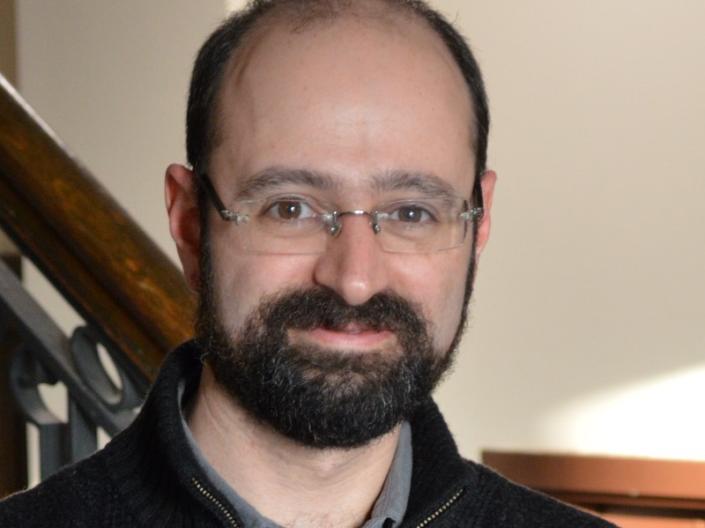
Associate Professor, Physics, College of Arts & Sciences
Applications of statistical mechanics to the structure of music
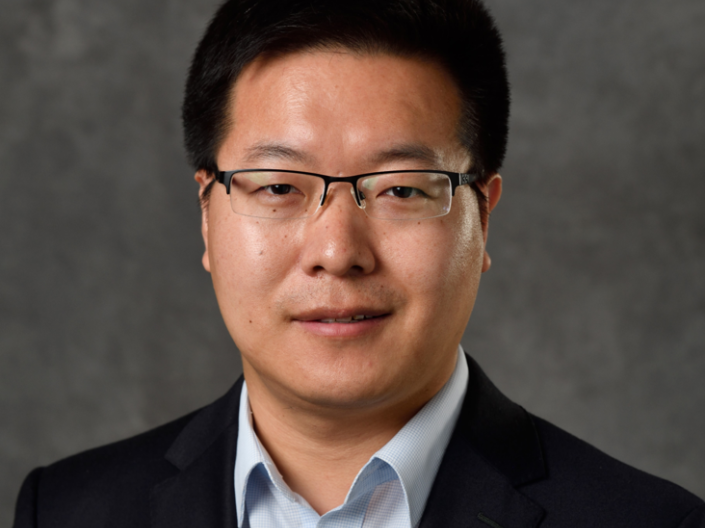
Assistant Professor, Department of Mechanical and Aerospace Engineering, Case School of Engineering
Soft electronics and Soft robotics
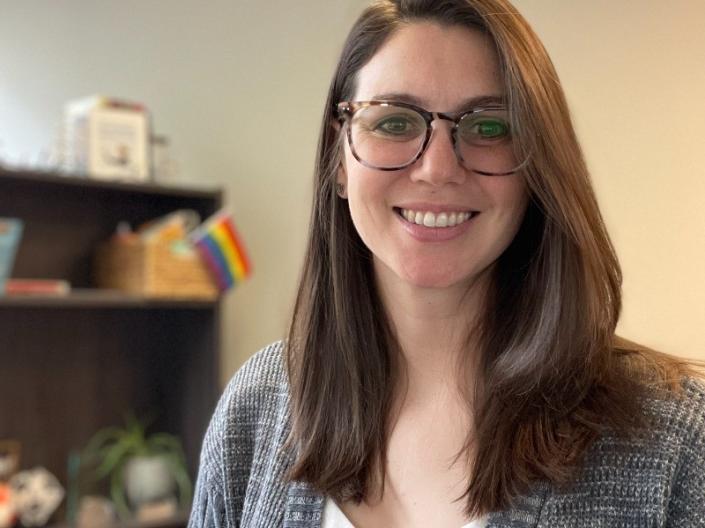
Assistant Professor, Chemical Engineering, Case School of Engineering
Radiochemistry separations (applications include nuclear medicine, mining, nuclear fuel)
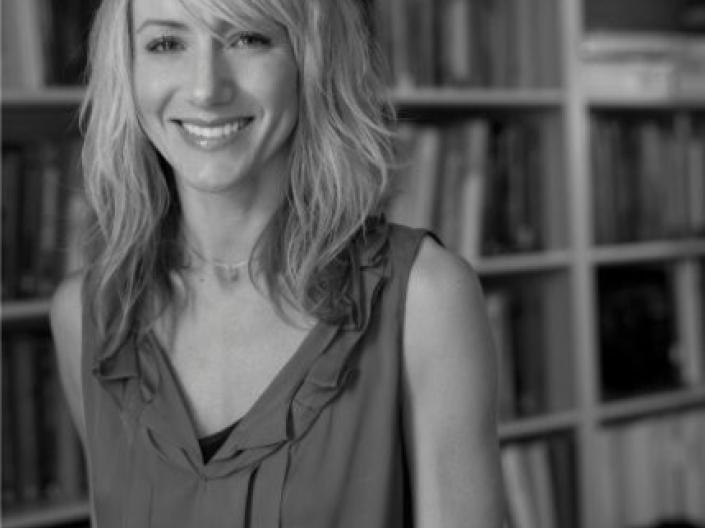
Associate Dean for Undergraduate and Integrated Studies, Weatherhead School of Management
Associate Professor, Department of Economics, Weatherhead School of Management
Microeconomic theory—industrial organization, antitrust, law & economics
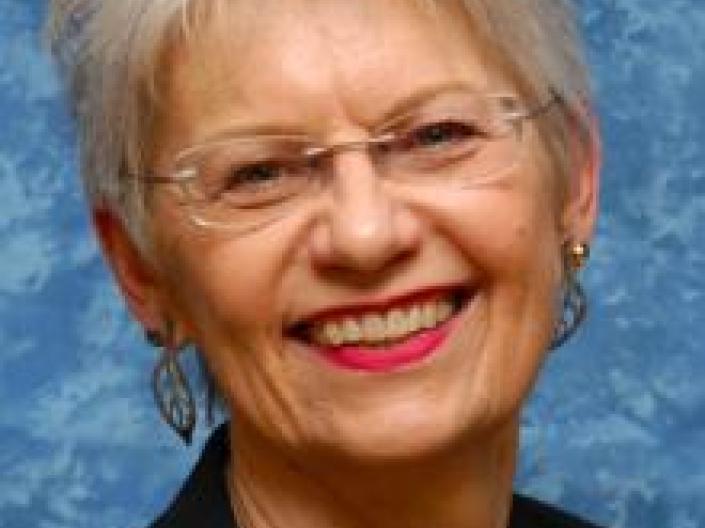
Associate Professor, School of Dental Medicine
Holo-lens app: Jaws at Work (JaW) to illustrate how anatomy of jaws (TMJ - temporomandibular joint) can influence the anatomy of teeth
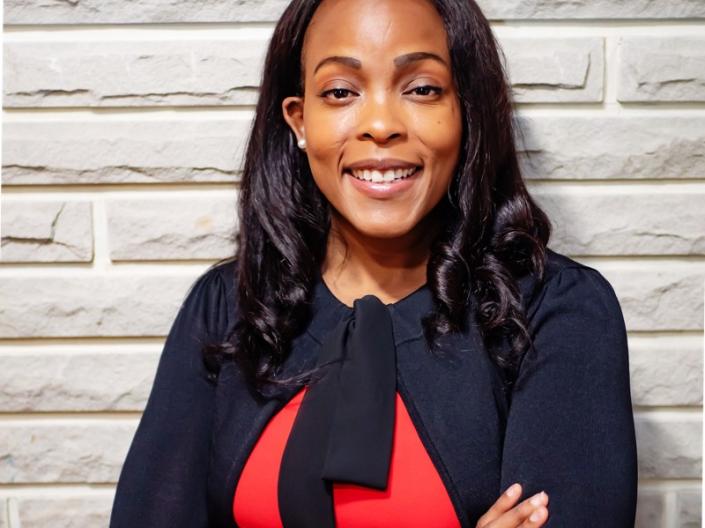
Associate Professor, Frances Payne Bolton School of Nursing
Self-management, infection prevention and control in older adults
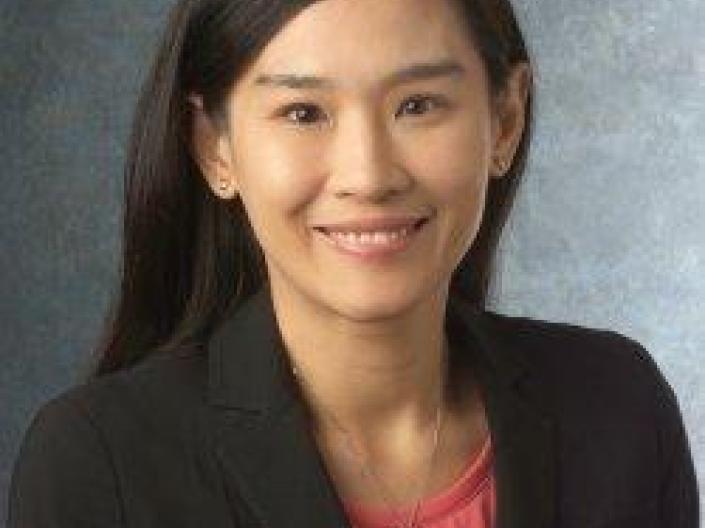
Assistant Professor, Department of Mechanical and Aerospace Engineering, Case School of Engineering
Combustion and fire science
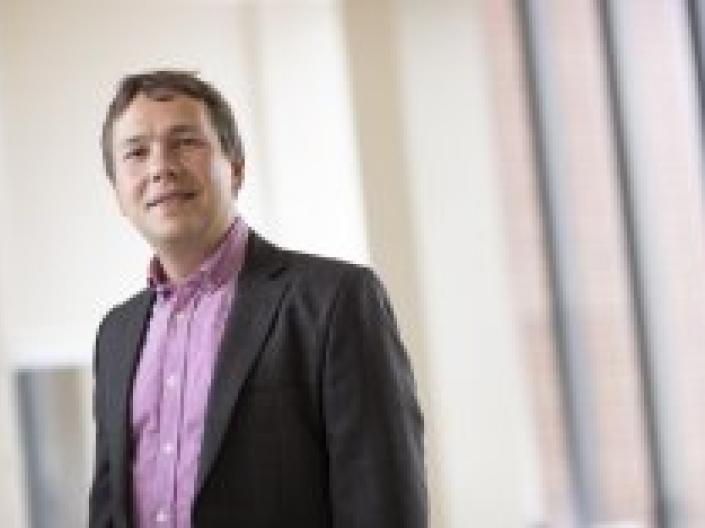
Assistant Professor, Macromolecular Science and Engineering, Case School of Engineering
Materials chemistry
2022-23 Veale Faculty Entrepreneurship Fellows
Our inaugural Veale Faculty Fellowship program launched in 2022-23 for CAS and CSE Faculty, and included Dr. Kati Daltorio, Dr. Brian Gran and Dr. Bill Yu. Dr. Umut Gurkan joined the Fellows as a Mentor. The program was the result of a collaboration between Dr. Glenn Starkman, Al Green, CEO AMG Consulting and Veale Institute Entrepreneur in Residence and the Veale Institute.
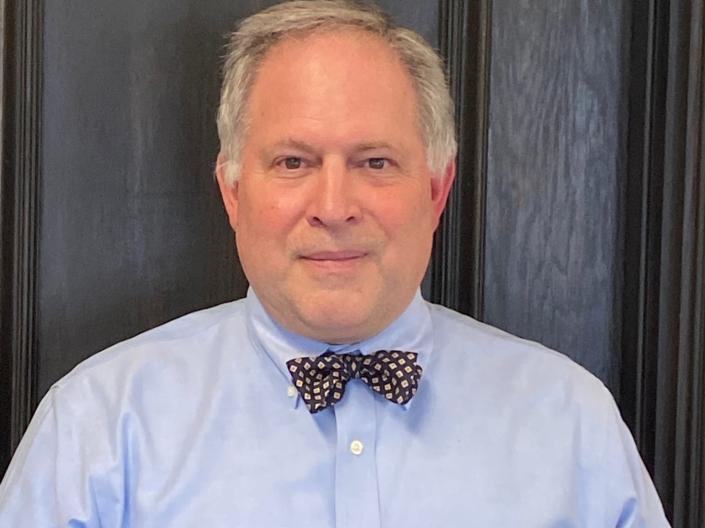
Professor, Department of Sociology, College of Arts and Sciences
Gran's project will develop a smartphone application prototype to counter misinformation about health care and science for Black Americans. It aims to identify, understand, and develop resources to combat misinformation that is likely to exacerbate existing health disparities among Black Americans.
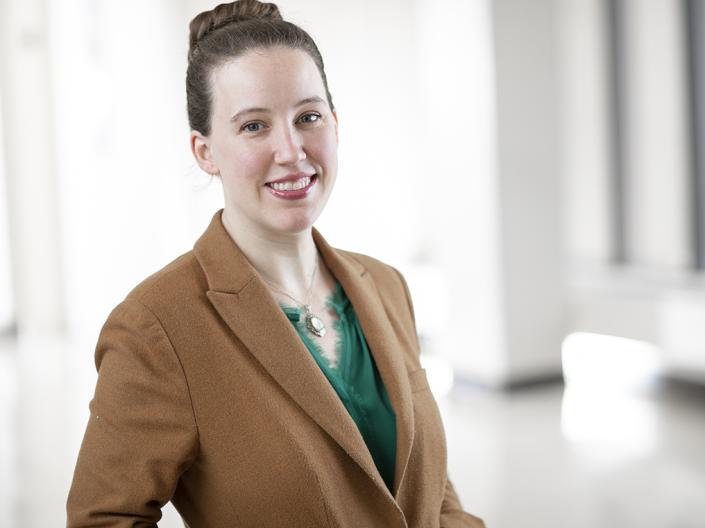
Assistant Professor, Department of Mechanical and Aerospace Engineering, Case School of Engineering
Daltorio will explore translation and commercialization potential of amphibious robots that can traverse difficult natural terrain. She will continue to develop the existing amphibious robot prototypes that are crab-like that can categorize terrain by walking across it and some versions can climb onto and grasp objects.
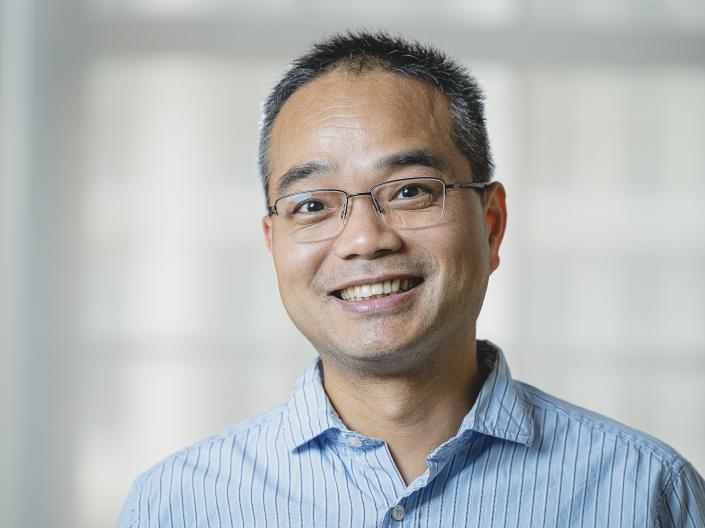
Professor and Chair, Department of Civil Engineering, Case School of Engineering
Yu will advance translation of a thermochromic building envelope that reduces energy consumption and improves sustainability. The thermochromic building envelope reduces the thermal loads to the building by making the building cooler under hot weather and warmer under cold weather. Therefore reduces the building energy needs for HVAC.
For more information contact:
Mindy Baierl, Senior Director
Veale Institute for Entrepreneurship at CWRU
mmb149@case.edu
440.796.9469

